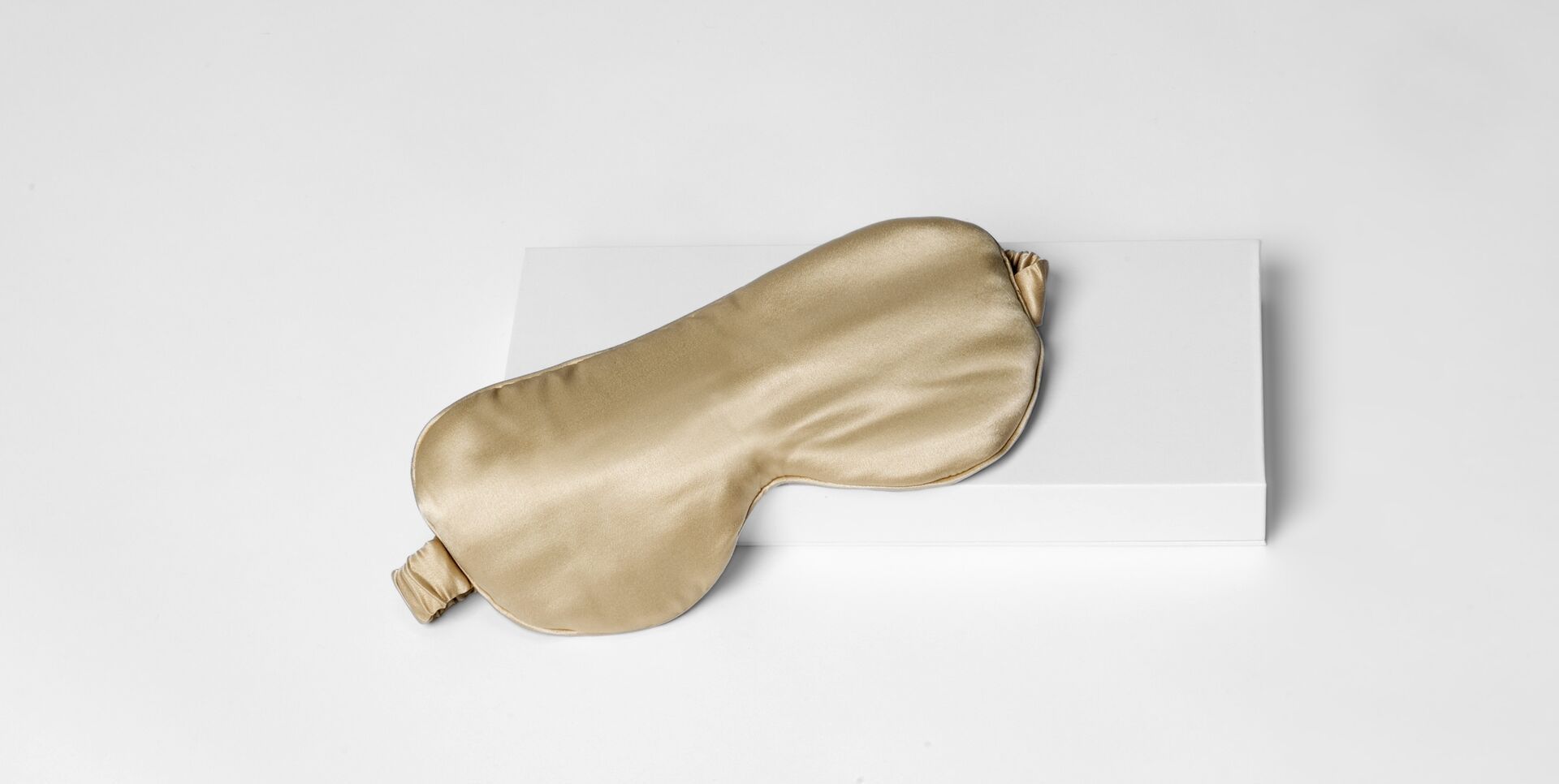If you just had a baby, you likely don’t need anyone to remind you that the fourth trimester—a term used to refer to the three months after the birth of a baby—is a time of rapid and dramatic transformation. But what can help to understand is that in the immediate weeks postpartum, your body and brain are also experiencing one of the biggest hormonal shifts they ever will.
In fact, upon delivering the placenta, the organ the body grows during pregnancy to support a growing baby, levels of hormones such as estrogen and progesterone decline rapidly, sinking from some of their highest lifetime amounts to some of their lowest. Levels inch back up slowly as the days go on. This hormonal drop is largely what mediates “the baby blues”—the two or three weeks’ worth of feelings of sadness, irritability, mood swings, and difficulty sleeping that some 80% of new mothers experience.
The fourth trimester is full of hormonal shifts, the needs of a newborn, and simply adjusting to a new routine—changes that impact everything from physical recovery and mood to how well you sleep. Of course, if you’re reading this at 3 a.m. or nap-trapped by an infant, it’s likely the latter that you’re most concerned about: sleep, sleep, and more sleep.
So, here are some of the biggest ways the birth of a baby impacts shuteye postpartum—and ways to get the rest you need throughout your first three months as a mother.
Sleep tips to help you survive the fourth trimester
1. First, know that frequent wakeups are normal
Imagine spending your whole existence in a dark cool place and one day, out of the blue, being exposed to all new things like stimuli, light, and people. That’s kind of how birth is for the newborn.
Babies are born with weak circadian rhythms, meaning they don’t quite know the difference between day and night and simply sleep when they sleep.
Babies also require frequent feedings—usually every two to three hours but sometimes more frequently. At first, this happens around the clock.
If you’re up every hour or two in those first few months, it’s hard—and also, it’s completely developmentally normal, essential, and protective.
Over weeks and months and with exposure to light and darkness, an infant’s circadian rhythm develops. This brings us to…
2. Sleep develops as the brain develops
Postpartum sleep deprivation can feel crushing and permanent—like you’ll never sleep again. But, there is good news/nights full of sleep ahead: Physiological factors such as the sleep hormone melatonin, the stress hormone cortisol, body temperature, movement, blood pressure, digestion, and (finally) consolidated sleep are all different parts of the circadian rhythm that start to come together as the months go on.
Some rough timelines: Most babies start secreting melatonin around 3 months of age. A normal rhythm of cortisol (which aids in sleep) develops around 8 weeks and body temperature rhythm and other circadian genes develop around 11 weeks.
Of course, a big caveat: This doesn’t mean a baby will sleep through the night at these points. They might! But these timelines could just be the beginning of bigger chunks of sleep ahead. Just know: Babies are people too. And even when they do sleep through the night (and we promise, they do), they’ll still wake up from time to time—just like we all do. Sometimes, they’ll be able to put themselves back to sleep. Other times, they’ll need some help.
There are always ways you can set the stage for healthy sleep habits—like making sure your baby gets exposed to natural light during the day and that nighttime stays dark—but largely, sleep is a biological function that develops over time. This is especially important to remember at the beginning.
3. Sleep deprivation is a risk factor for perinatal mental health conditions
You’ve likely heard of postpartum mental health conditions such as postpartum depression (PPD) and postpartum anxiety (PPA). These conditions—often referred to as perinatal mood and anxiety disorders (PMADs) with the word “perinatal” referring to both pregnancy and postpartum—are the most common complication of birth in this country.
And while there are many different risk factors for PMADs—from a lack of social support to a history of a mental health condition—sleep deprivation is a big one (ugh). Disrupted sleep and an overall lack of sleep impact brain functions, such as memory and decision-making, and emotional regulation and mood.
Feeling like you can’t sleep (finding yourself constantly worried about the baby or checking your baby’s breathing so frequently that you can’t rest) can also be a sign of a PMAD.
PMADs are not “the baby blues”; they’re common, highly-treatable mental health conditions that impact your day-to-day and continue beyond the two- to three-week timeframe postpartum.
If your mental health is interfering with your daily living, you’re not alone. Seek support via groups such as Postpartum Support International, which has a provider directory for mental health professionals trained in perinatal mental health, free support groups, a warm line, and other easily accessible resources. Speaking with a family member, a trusted friend, and/or your medical provider is also always a good place to start. You can also contact the maternal mental health hotline at 1-833-943-5746 (1-833-9-HELP4MOMS).
4. Aim for “anchor sleep”
In the first few months after having a baby, sleeping when you can—that means day or night—is absolutely key. Naps, daytime slots of sleep, overnight sleep—it all counts.
Your best bet, though, is to shoot for at least one longer chunk of “anchor” sleep. Ideally, this would be at least a four-hour block of sleep, but in the beginning, any consolidated sleep is better than none. Start with what’s doable. If you find yourself stressed about sleep, remember that rest is healing for the brain and body too! And sometimes, when we simply set out to rest, we remove the pressure of feeling like we have to sleep and wind up falling asleep anyway.
Your brain requires this “consolidated sleep” to reset and recharge. (Get answers to your most common questions about sleep after maternity leave.)
5. You may experience night sweats
Remember that big hormone plummet from the delivery of the placenta? Well, it can come with another less-than-pleasant side effect too: night sweats. It’s a process that, while uncomfortable, does serve the purpose of helping your body rid itself of excess fluid from pregnancy.
The good news is that night sweats generally begin to fade around six weeks postpartum—but while they happen, they can make sleep difficult.

Crisp and cool percale cotton sheets with a luxe matte finish
can help you feel more comfortable.
6. Support around sleep can help
We tend to think about and prioritize support around sleep when it’s…a little too late—when we’re already in the thick of sleep-deprived days. Often the “things” we think we need most in the early months of motherhood aren’t “things” at all but rather support. So, if you’re currently pregnant, consider adding a fund for a night nurse or a postpartum doula to your registry or setting up a schedule for someone to help you here and there so you can rest.
Other questions to think about: How are you/will you be feeding the baby and what are opportunities for sleep support around that? Can a partner or family member take over a feed in the middle of the night? Can a family member come by one afternoon so that you can take a nap?
The bottom line: Support around sleep is paramount postpartum. It’s protective of both your physical and mental health—and there are ways to plan for it.
FAQs
Why is it called the fourth trimester?
The “fourth trimester” is a term used to refer to the three months after the birth of a baby. The term was originally coined by Harvey Karp, MD, a pediatrician. He believed babies were born around three months too early and that you should try to recreate the same kind of environment your baby had while still in the womb during this time.
What can I expect in the fourth trimester?
The fourth trimester is a time of rapid and dramatic transformation for you and your baby. It’s full of hormonal shifts, the needs of a newborn, and having to adjust to a new routine. These changes can impact your physical recovery, mood, and how well you sleep.
How can you help your baby become a good sleeper? Check out our guide to sleep training for expert advice.











